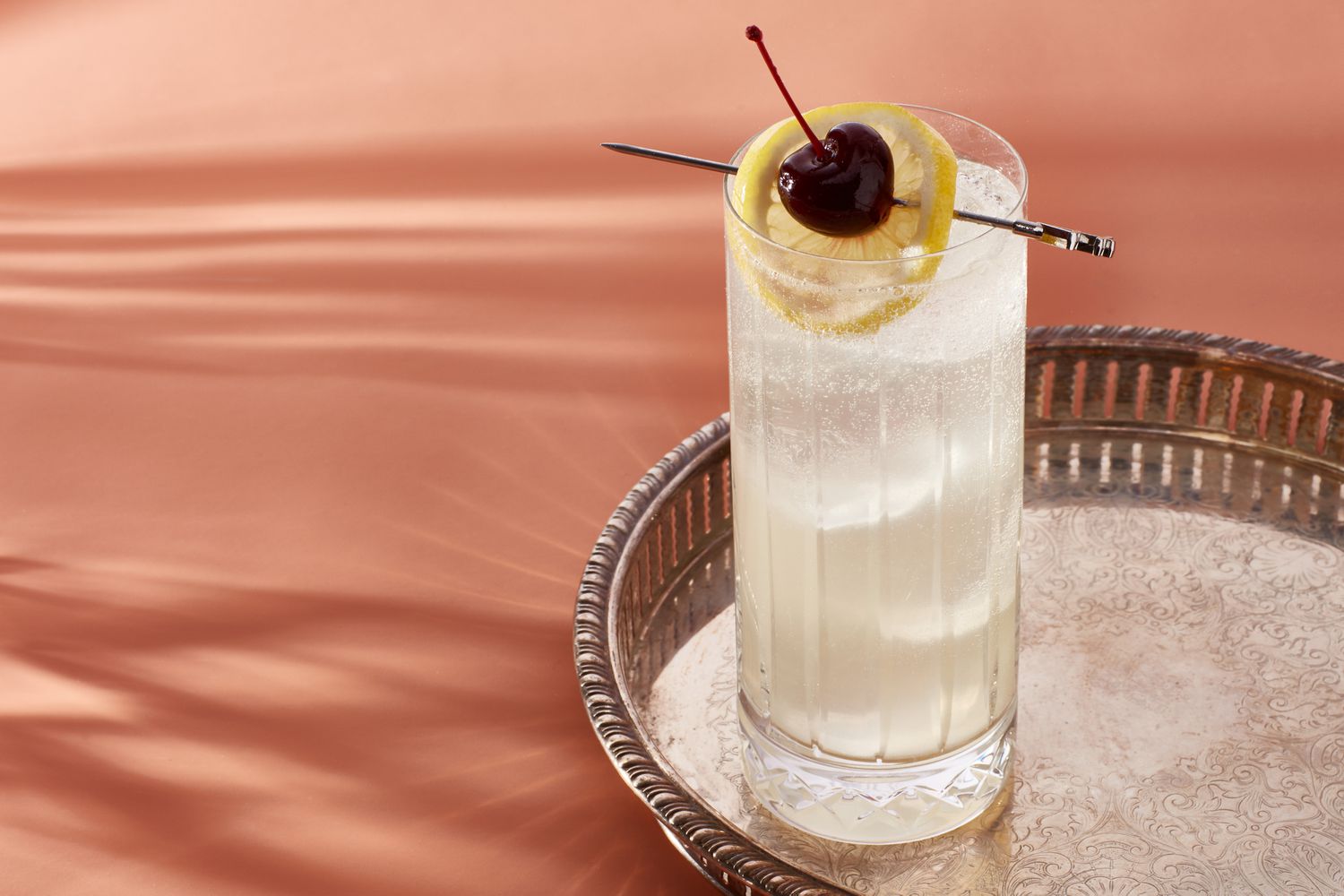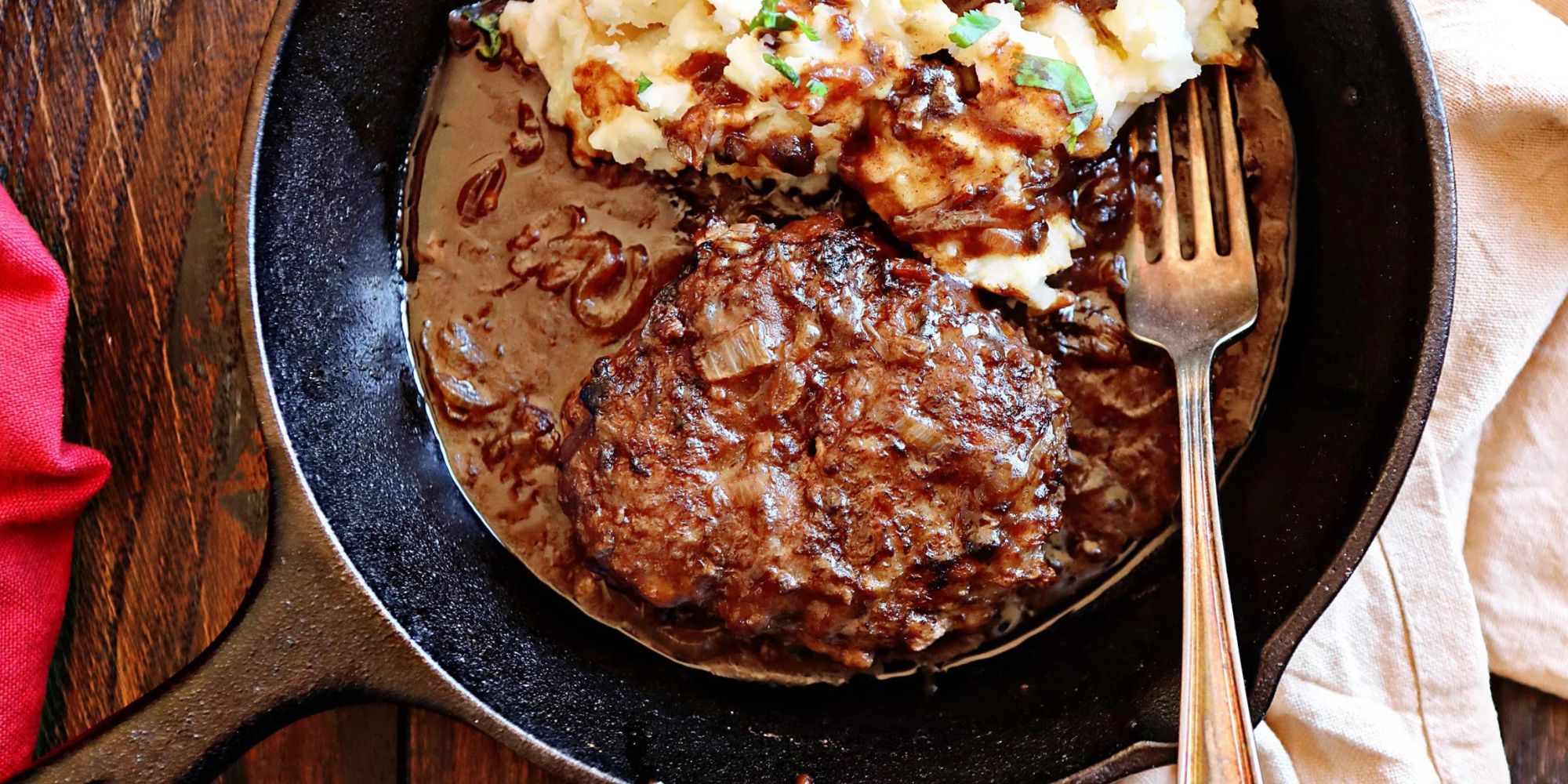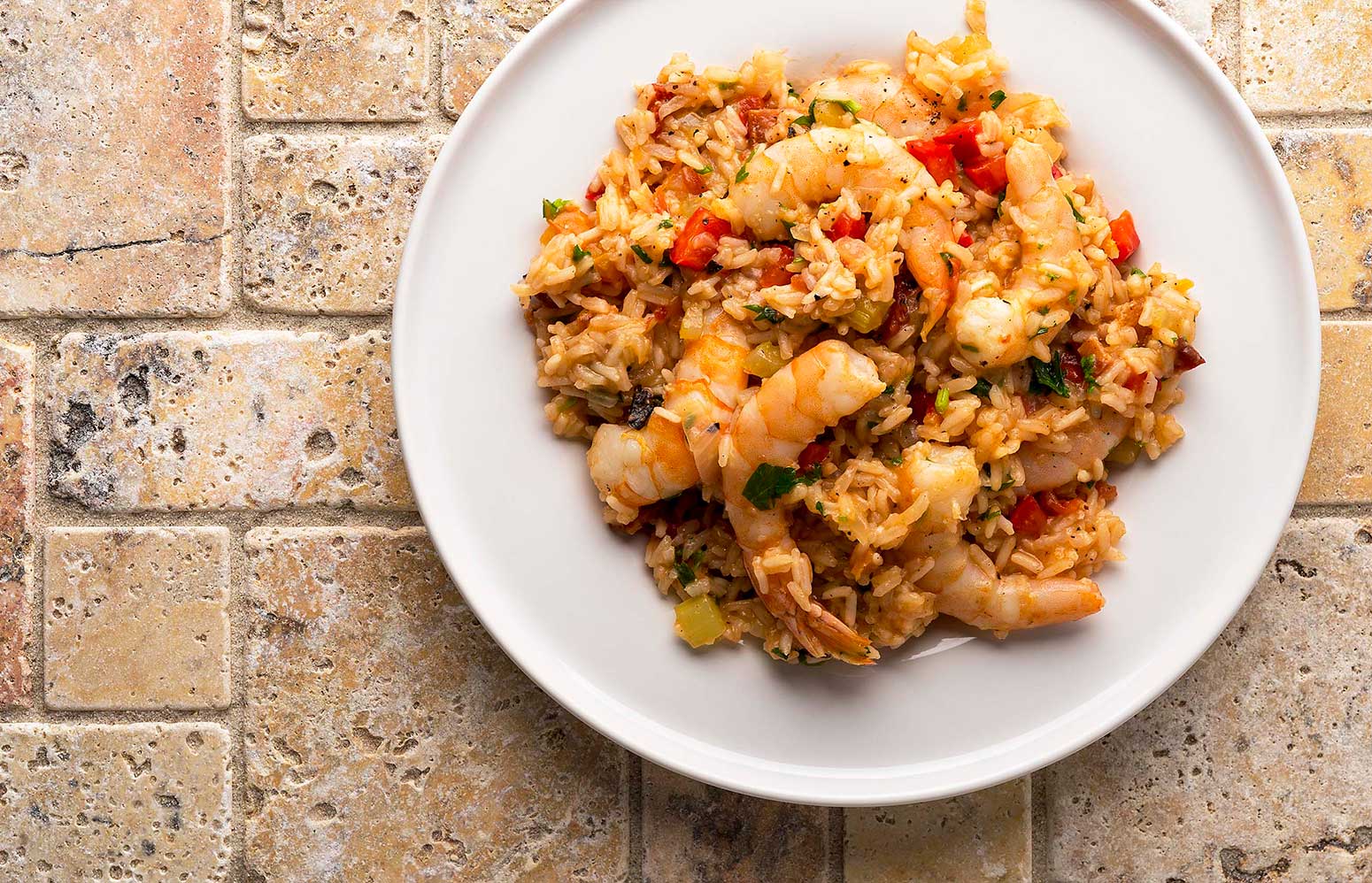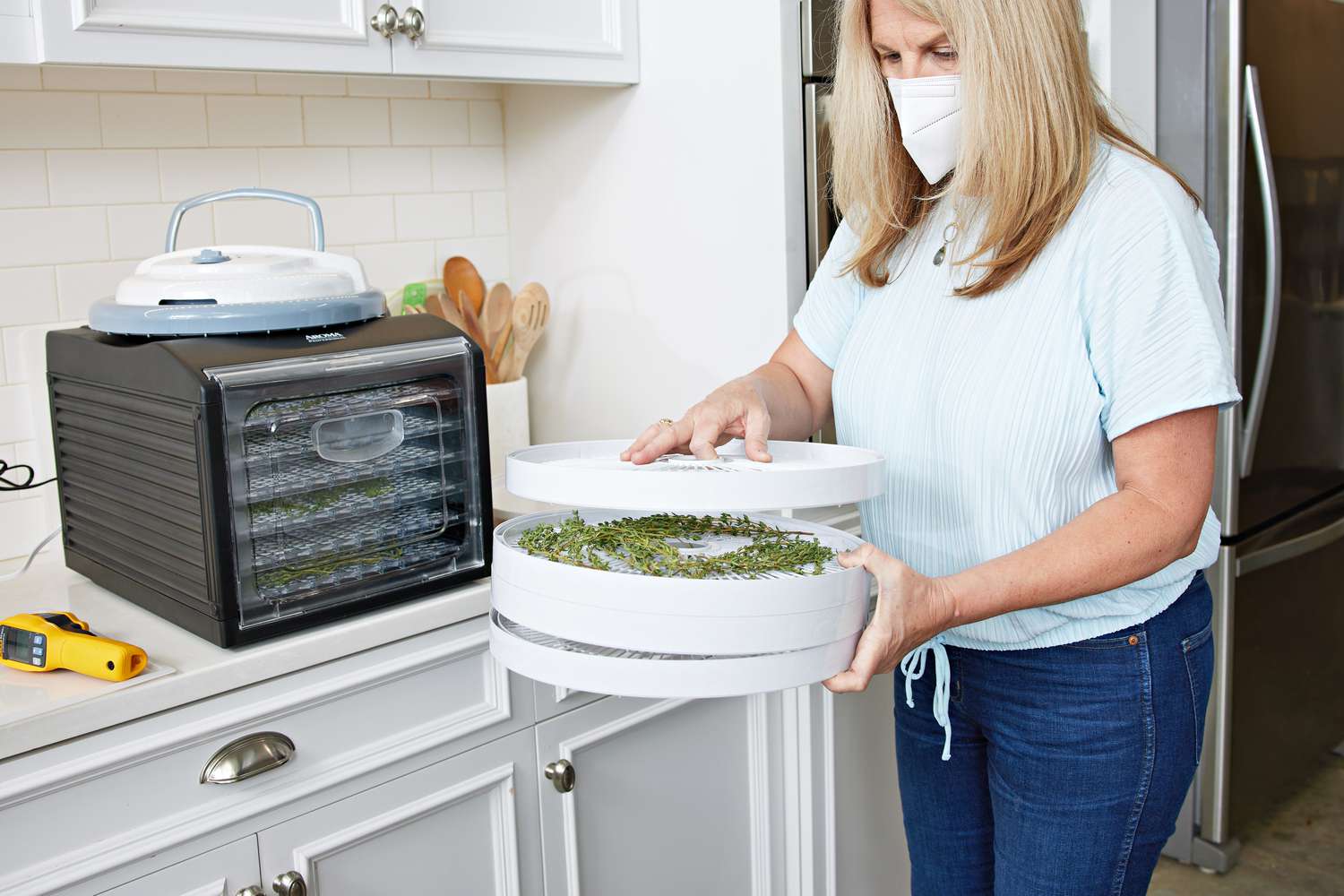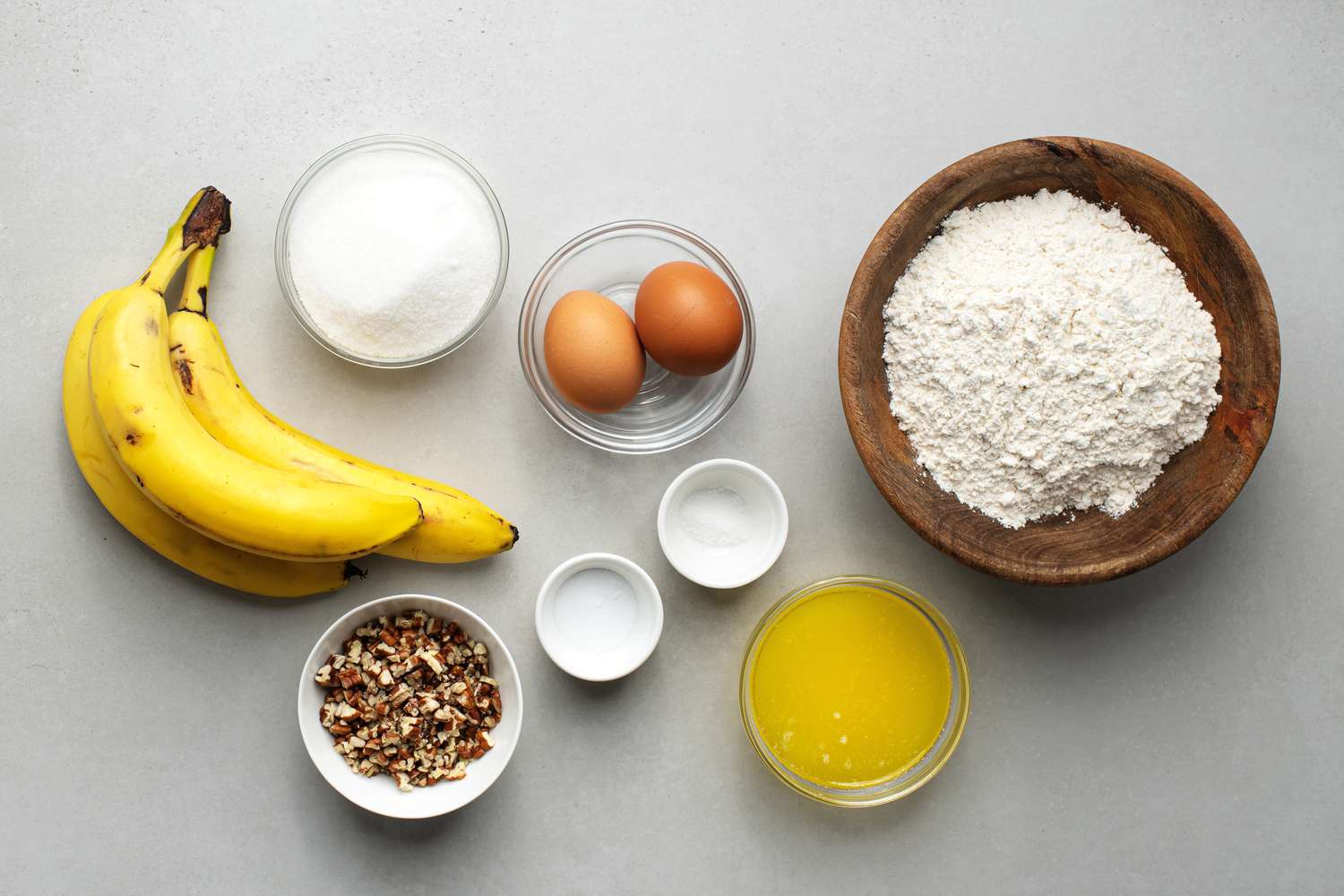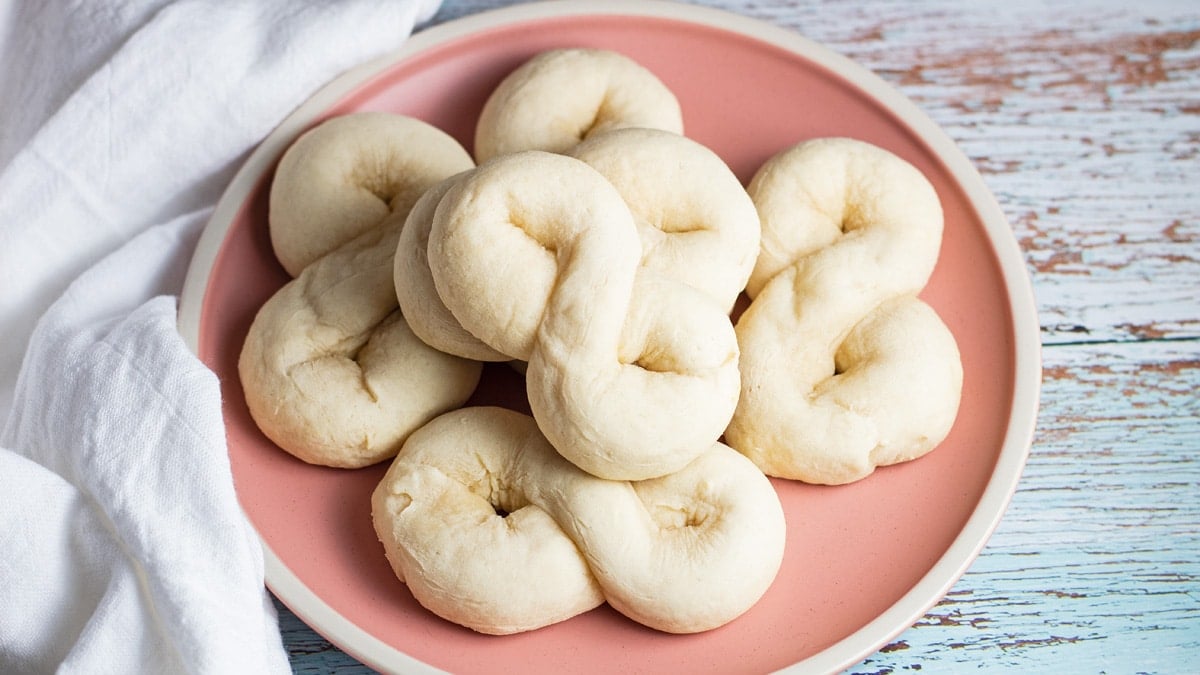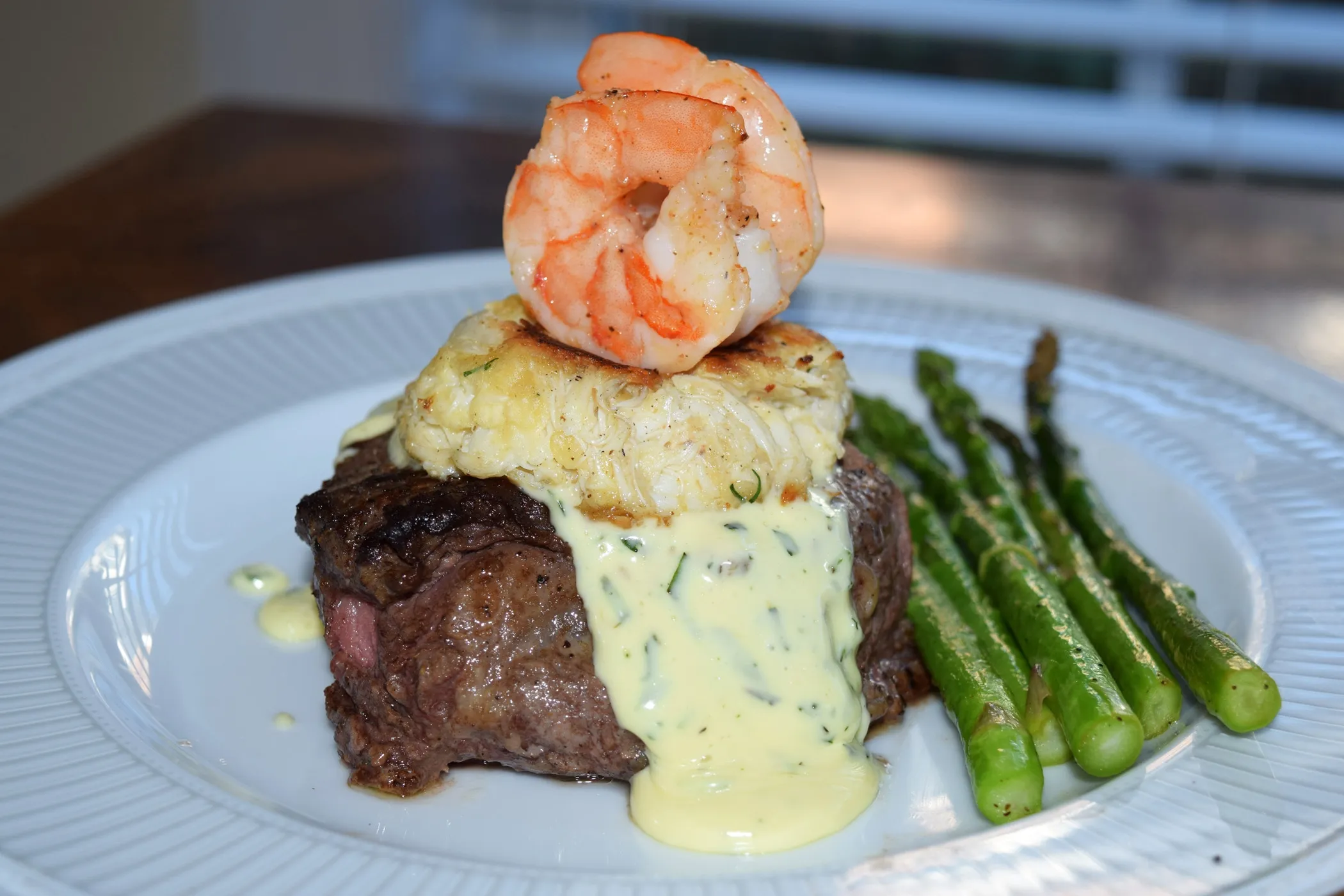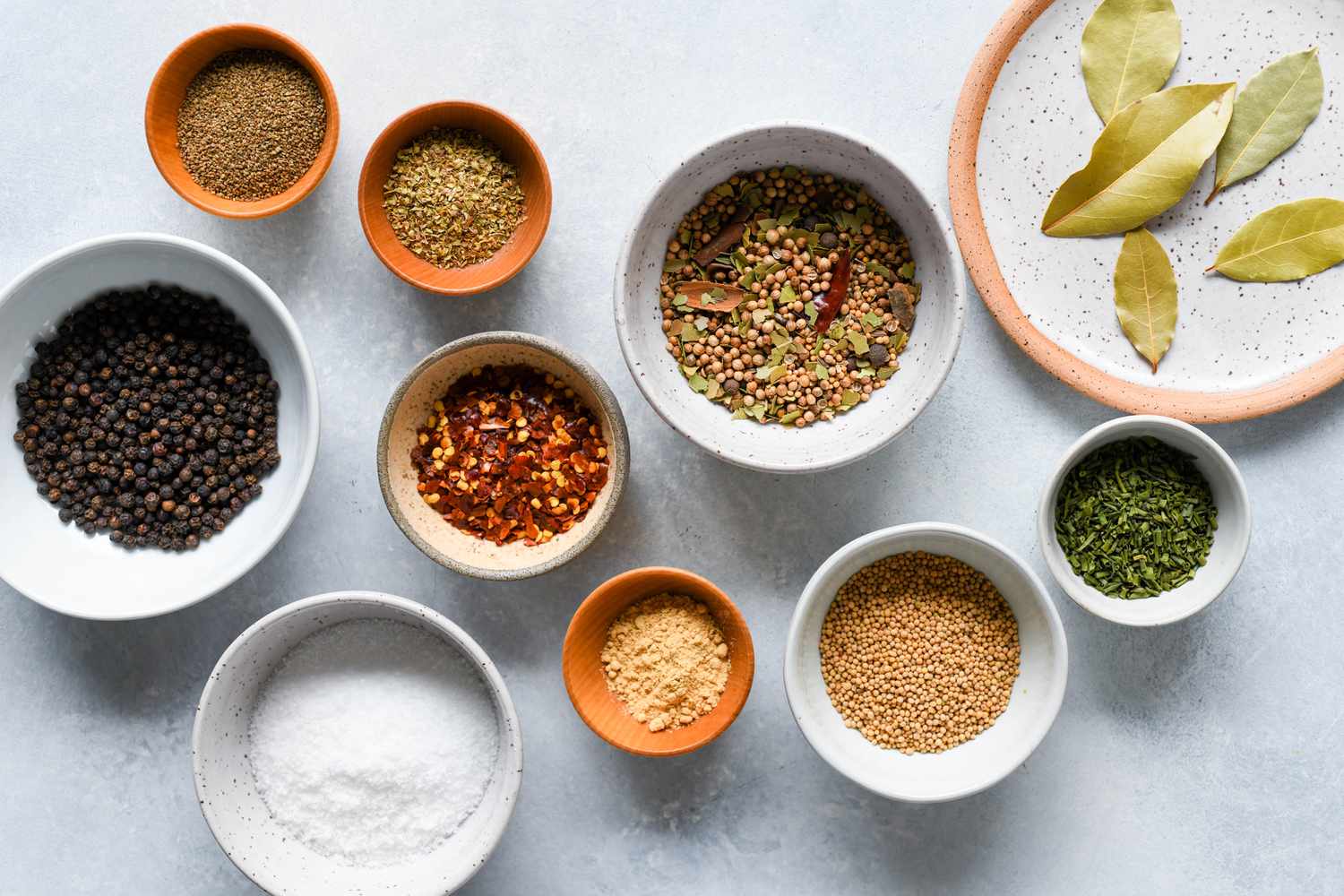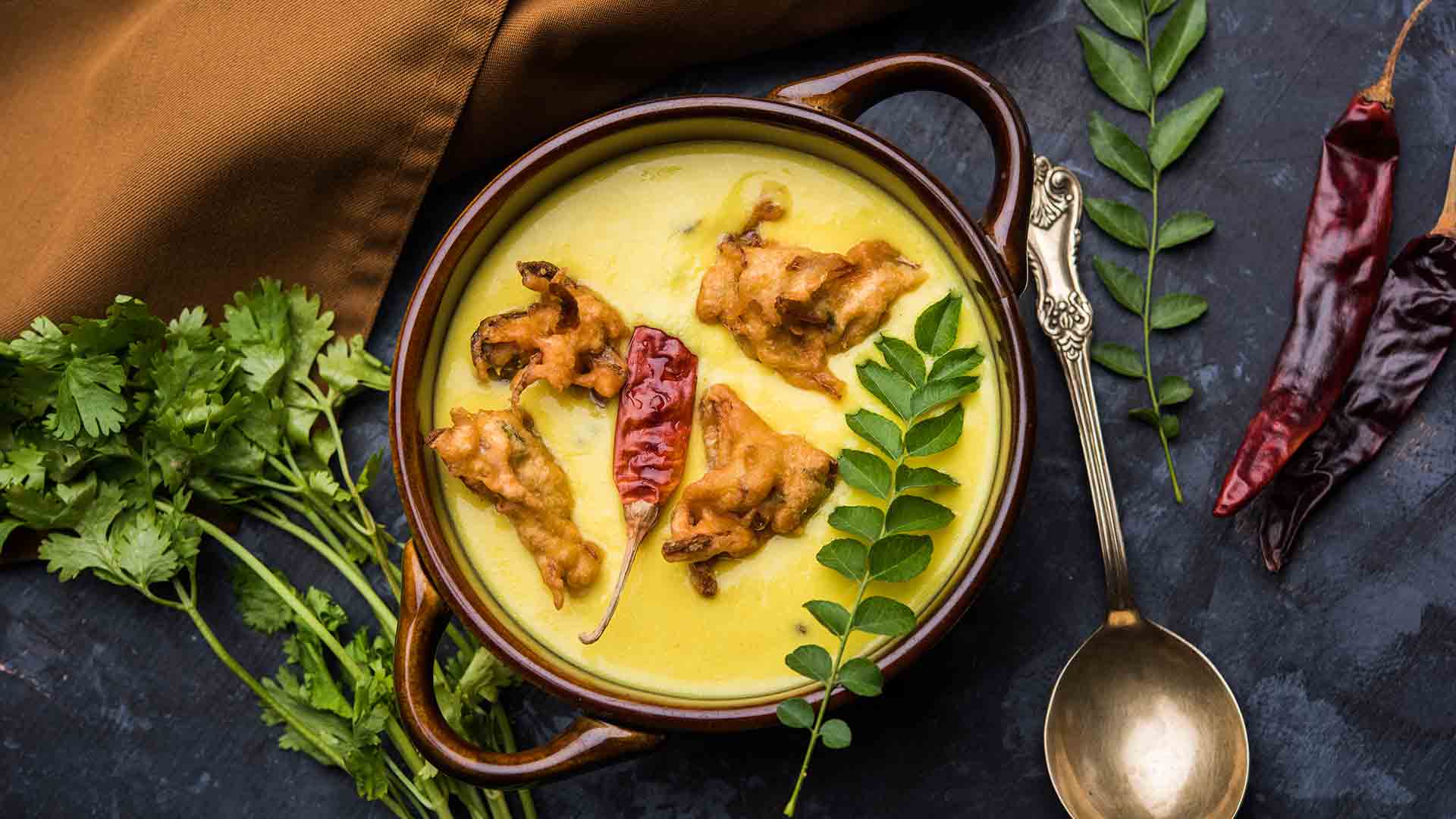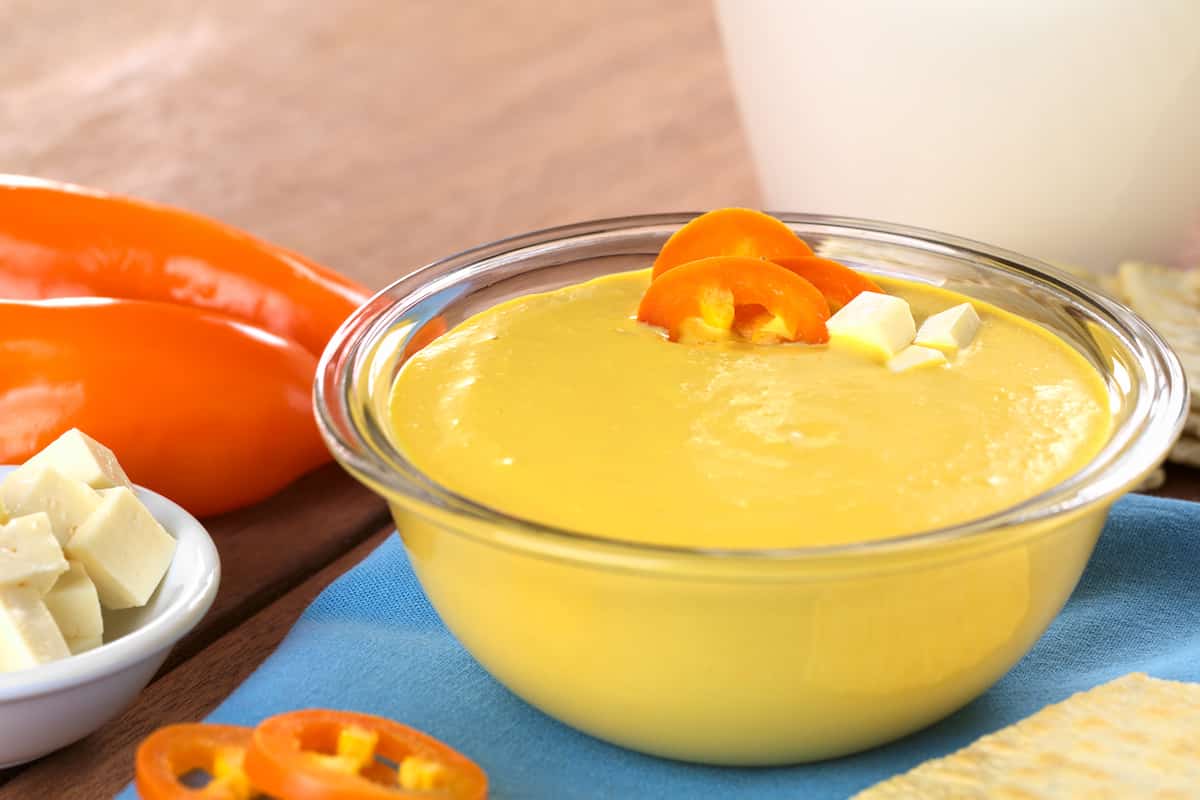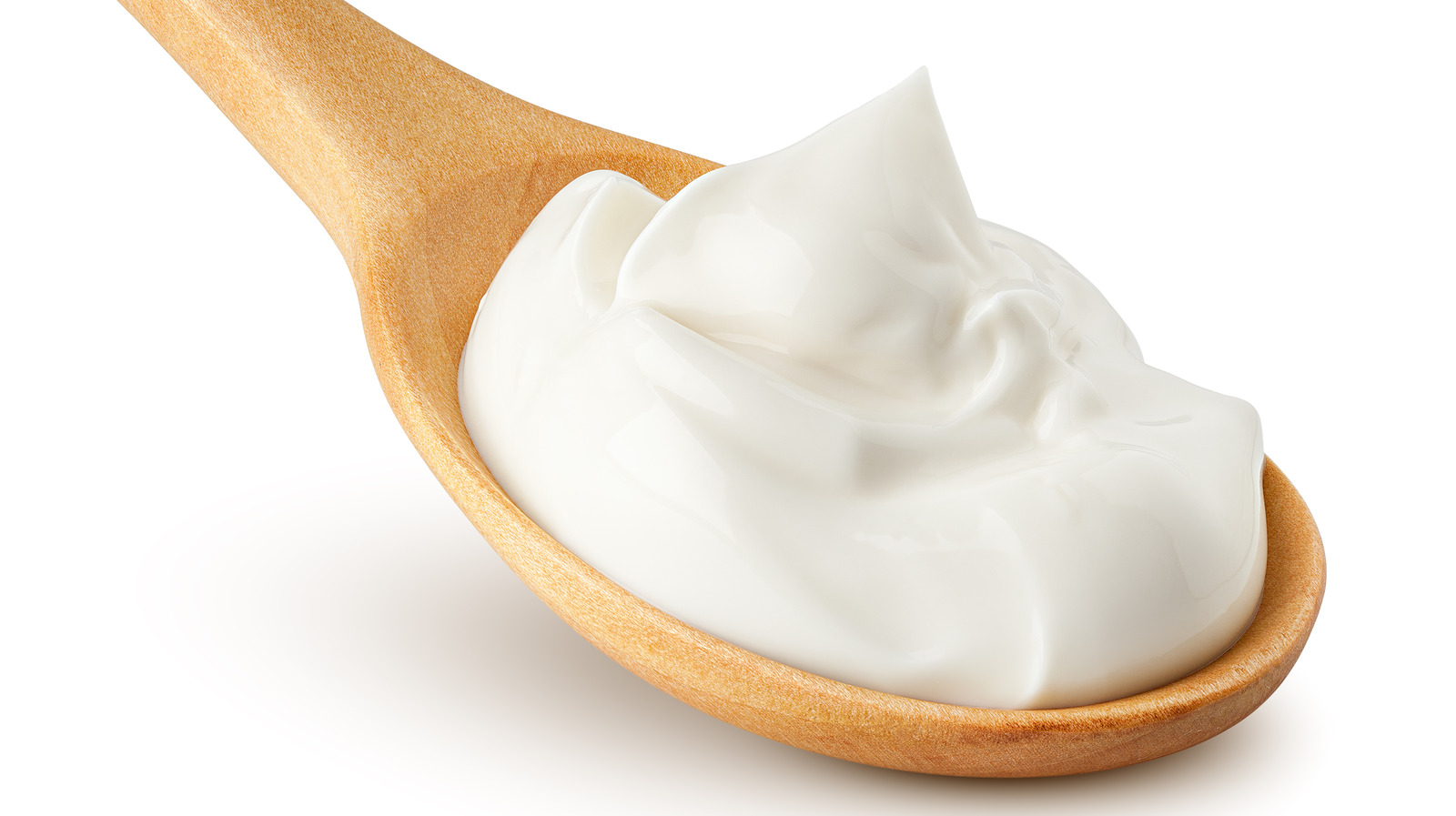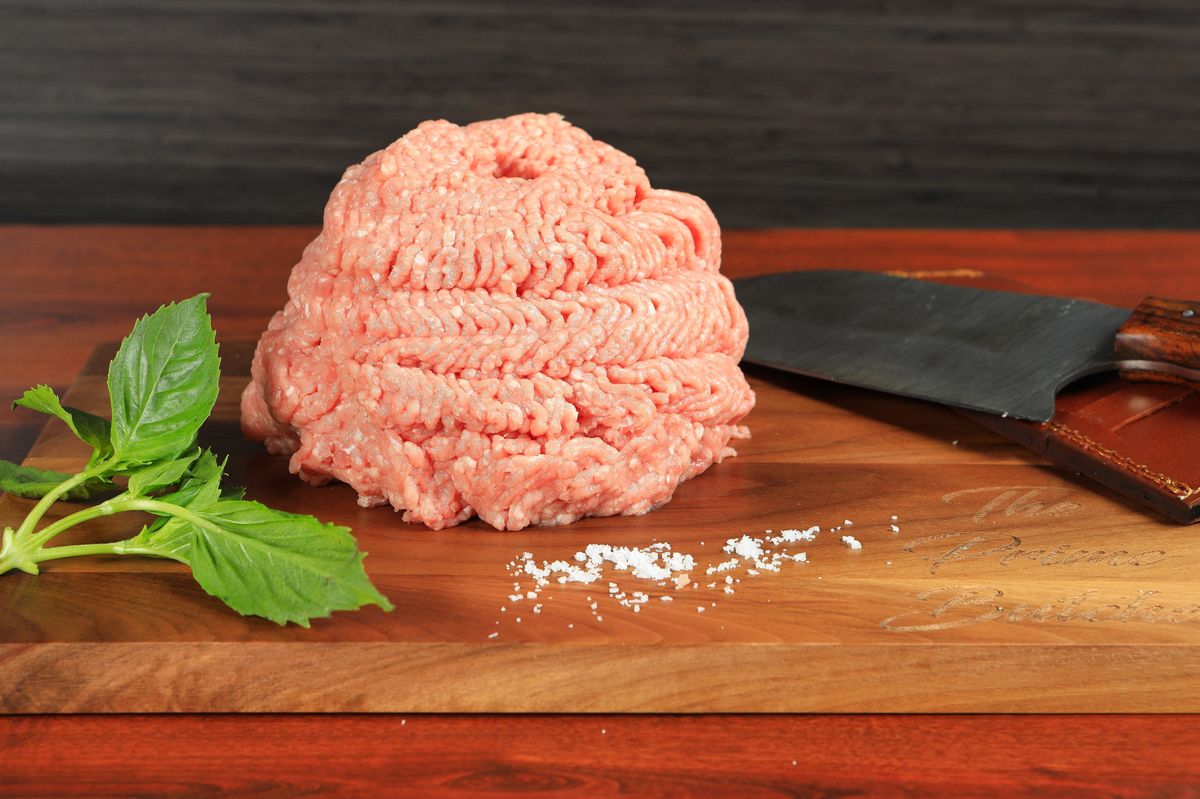The Best Frying Pan Material for Your Kitchen
When it comes to cooking, having the right tools can make all the difference. One essential tool in any kitchen is a good frying pan. But with so many options available, it can be overwhelming to choose the best frying pan material. In this article, we’ll explore the most common frying pan materials and help you determine which one is best for your cooking needs.
1. Stainless Steel
Stainless steel frying pans are a popular choice for many home cooks. They are durable, resistant to rust and corrosion, and can withstand high heat. Additionally, stainless steel pans are easy to clean and maintain. However, they may not distribute heat as evenly as some other materials, which can lead to hot spots and uneven cooking.
2. Cast Iron
Cast iron frying pans have been used for centuries and are known for their excellent heat retention and distribution. They are incredibly durable and can be used on the stovetop, in the oven, or even over a campfire. With proper care, cast iron pans can last a lifetime and develop a natural non-stick surface. However, they do require regular seasoning and can be heavy to handle.
3. Non-Stick
Non-stick frying pans are coated with a layer of polytetrafluoroethylene (PTFE) or ceramic, which prevents food from sticking to the surface. These pans are easy to clean and require less oil for cooking, making them a popular choice for low-fat cooking. However, non-stick pans can be less durable than other materials and may need to be replaced more frequently.
4. Copper
Copper frying pans are prized for their excellent heat conductivity, allowing for precise temperature control during cooking. They are also incredibly responsive to changes in heat, making them ideal for delicate tasks such as sautéing and making sauces. However, copper pans can be expensive and require regular polishing to maintain their luster.
5. Aluminum
Aluminum frying pans are lightweight, affordable, and excellent heat conductors. They heat up quickly and evenly, making them ideal for tasks that require precise temperature control. However, aluminum is prone to reacting with acidic foods, which can affect the taste and color of the final dish. To mitigate this, many aluminum pans are coated with a non-stick or anodized layer.
Conclusion
When it comes to choosing the best frying pan material for your kitchen, there is no one-size-fits-all answer. Each material has its own set of advantages and drawbacks, and the best choice for you will depend on your cooking style, budget, and maintenance preferences. Whether you opt for the durability of stainless steel, the versatility of cast iron, or the convenience of non-stick, choosing the right frying pan material can elevate your cooking experience and help you create delicious meals with ease.
Remember to consider factors such as heat conductivity, durability, maintenance, and cost when making your decision. With the right frying pan material in your kitchen, you’ll be well-equipped to tackle any recipe that comes your way.
Was this page helpful?
Read Next: What Is The French Dip Vs Italian Beef
